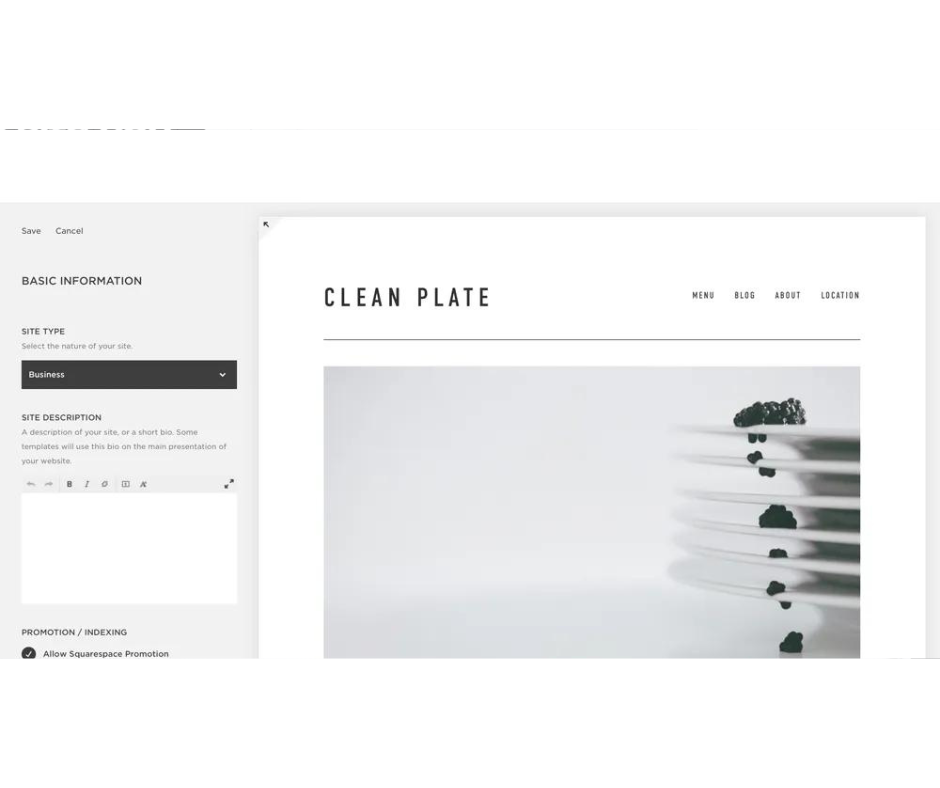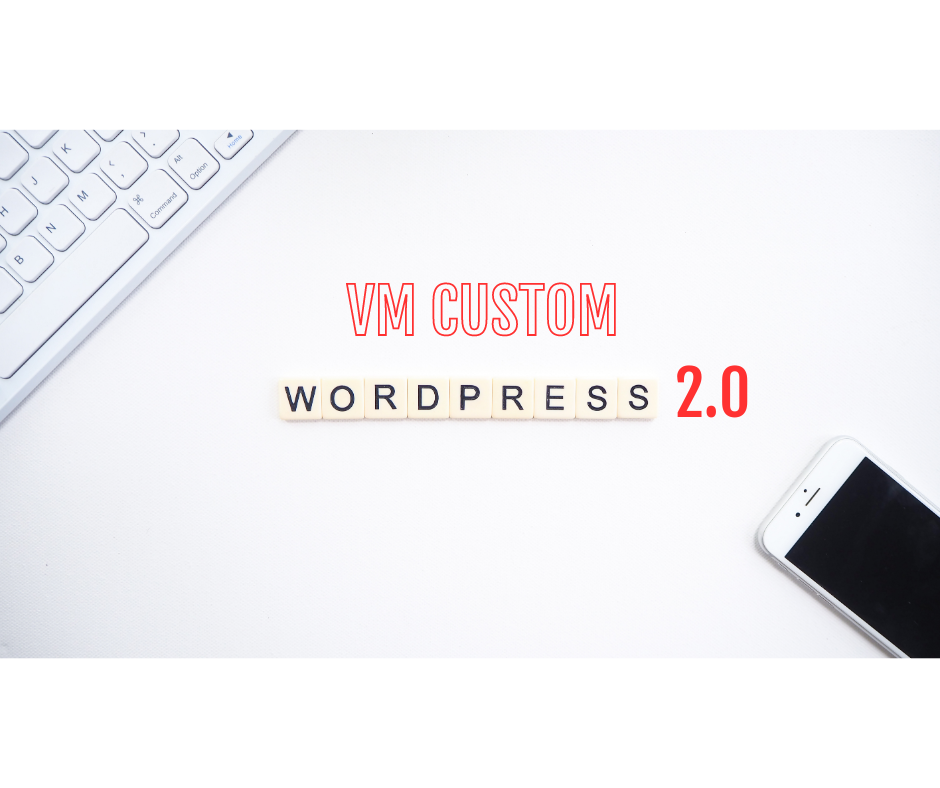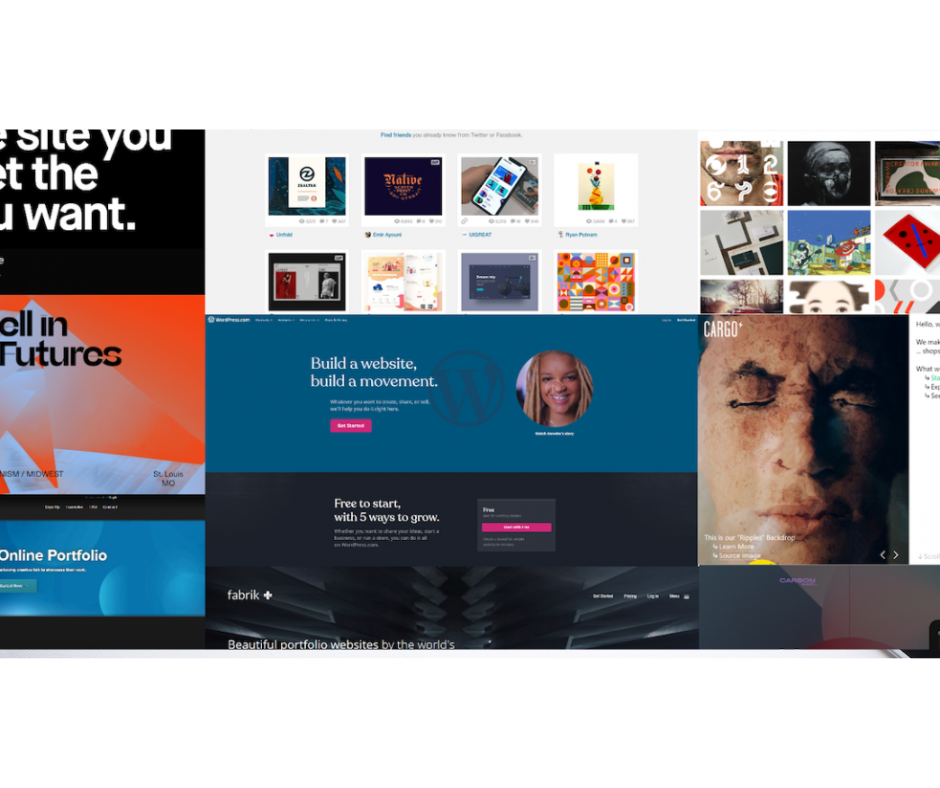In my last article, I wanted to lay a stake in the ground concerning Vehicle Media’s worldview when it comes to marketing. The TLDR version?
If your marketing dollars aren’t making you money, you’re burning them.
This time around, I wanted to bring that sentiment to life with practical reference to a subject close to my heart.
Vehicle Media started as a web shop, and in many ways it’s still a core skill for us. Through the process of building hundreds, probably thousands, of websites for clients – from mom-and-pops to billion dollar enterprises – we’ve seen first-hand pretty much every mistake you can make in this industry… admittedly making our fair share along the way.
I accentuate the negative here for a reason.
There are a lot of agencies, teams, consultants and solopreneurs out there who are willing to work for clients who don’t know what they want or why they need it when it comes to building a website.
We’ve worked with these clients. And it’s a miserable process for everyone involved. The basic issue? Many (through no fault of their own) simply aren’t aware of the options available to them – nevermind which might best fit their specific needs.
I’m going to give you a peek behind the curtains at the process Vehicle Media goes through when evaluating potential options for a client.
The key here is transparency – I want you to see the kind of considerations we think about, so you can weigh up your own options from an informed and educated position (and hey, maybe even consider us as a resource that might be able to help).
Without further adieu, here’s our ‘no-bullshit’ guide to web development – I hope it helps.
How should I choose which kind of website to build?
While it can seem like a big old world out there, there’s only a handful of site options that any business will ever really need to consider (or are likely to be pitched).
The intention here is to give you a quick breakdown of who the likely user is for each of these types of sites and critically why. By the time we reach the end, you should be in a much better position to figure out which kind of site might work best for you.
1. The Self-Service/DIY/What You See is What You Get (WSYWYG – pronounced: WizzyWig)

A proliferation of DIY options are available today, that 20 years ago simply wouldn’t have been an option. Squarespace and Wix are the market leaders – but there’s a whole range of competitors with similar offers.
Us industry folk refer to these folks as the What You See is What You Get providers (WYSIWYG if you’re looking for a jazzy acronym). As the name suggests, simple, accessible functionality is the name of the game.
Pretty much anyone can build a website using a WYSIWYG, which is both their greatest strength and weakness.
Who uses DIY/WYSIWYG?
– Non-technical folk
– Small businesses
– Your office interns
– Anyone who needs something fast and something cheap
Why?
They are fast. They are easy. They are cheap. It’s simple – if you need a website up in 24 hours this might be a good bet for you. If you don’t have any technical skills or the budget to manage on-going web maintenance this kind of site could also work for you.
Small businesses and independent vendors do just fine with this kind of site, as do those looking for places to host their photography or writing – it’s all down to need at the end of the day.
Average Cost:
Whatever you perceive the value to be (these guys aren’t costly)
The VM View:
As an agency with specific technical skill sets, it’s unlikely that we’re going to be recommending – or indeed working with – anyone for whom a WYSIWYG site will be suitable. But that doesn’t mean we’d disparage them.
Any client who approaches us with requests about a web build are met with the same questions from us – what’s your immediate need, your potential future need, your budget, and your appetite for long term maintenance/development.
Websites are not static one-and-done pieces – you need to be aware of future needs just as much as your immediate ones. Need a website up and running in an hour to show your opening hours? Awesome – here’s your pick.
Anything more? You might want to think a little bigger.
2. The WordPress Template

WordPress. Ubiqutious WordPress. There’s a reason so many people love it. It’s easy to work with. We’re not quite talking drag and drop like with a WYSIWYG, but if you can use PowerPoint, you can manage a templated WordPress site.
There are a thousand shops out there who will – and do – sell WordPress templates to businesses up and down this fine country. And for many, they do the job (I’m looking at you marketing coordinators of the world).
When you buy a WordPress template, be mindful you’re buying a ‘product’ – these things come straight from the automation line like a prefab house. While out of the box readiness, convenience and ease of use all have their appeal, there’s not much room for customization.
Maybe that’s not an issue. But if you suddenly decide to take your site to the next level – you might find yourself pushing up against limitations you hadn’t anticipated.
Who uses WordPress Templates?
– Marketing coordinators
– Businesses with low/no budgets
– People with basic web skills (front end not back end)
– Your nephew
Why?
A lot of people buy into the appeal of a templated site, as they are sold on the immediate benefits – cheap, easy to use, and to some extent, plug and play. Businesses who lack technical expertise or resources will also often invest in WordPress as its a safe name.
WordPress has sold hundreds of thousands of websites to businesses around the world based on brand recognition alone. Let’s explore the good, the bad and the occasionally ugly therein.
Average Cost:
$1,000 – 5,000 + whatever your perceived value is.
The VM View:
We have set up WordPress templates for clients in the past – often at their insistence – but if I’m honest, it’s not something we do unless we 100% have to. When you buy a template site, you’re buying ‘one’ site in theory, built with about 200 variations within it.
What does that mean? It means while you may only be spending a couple of thousand bucks up front, you’re buying a site that way bigger than you probably need. This can make these sites SLOW. And when you’re using a template that thousands of others are also using – you’re more vulnerable to potential security breaches.
If you were to ask our Senior Developer John how much budget for basic maintenance you need with a WordPress site, he’d probably say something like this:
“I have no idea – we didn’t make it, we just installed someone else’s work”.
John’s not trying to skip out on a definite answer here. The truth is, you simply can’t predict what can happen to a brittle, and ultimately limited template. We’ve seen interns break $2K websites to the point that we need to perform $15K worth of work just to fix them.
For agencies like us, ‘fixing’ these sites is pretty much a way to print money. Are we happy to take that work? Yes. Would we be happy to recommend such a solution to a client? No.
We value our name more.
3. The Custom WordPress Site

What makes WordPress great? It’s easy to use. What makes a WordPress template not so great – you’re buying a prefab product. Just as Apple products have built planned obsolescence into their business model, you can almost guarantee you’ll meet problems down the line with a WordPress template.
A custom WordPress site takes the principles of what’s good about the WordPress model and removes the risks and lack of flexibility. A custom WordPress site is built for one person (sub business) and that one person is you.
We’re not talking open-source code, vulnerable to attack, with a look and feel that doesn’t quite fit your brand. This is an anything you want model, fully automated and customized to your needs.
We have been lucky enough to build our internal expertise at VM to develop and sell custom WordPress sites to many clients over the years – who we’ve clicked with because philosophically they get why we’re recommending them.
Yes, it is a bigger expense upfront. But – and I ask this seriously – how much is your future peace of mind worth to you?
Who uses Custom WordPress Sites?
– Anybody who needs a website – Mom-and-Pop’s to Tier 1 Giants
– People who have been burnt by templates/DIY models
– Businesses who understand the value of an upfront investment
Why?
The reason for choosing the custom model is clear – safety, security, peace of mind.
Often, the folks who buy custom WordPress sites from us, have had serious issues with cheaper options in the past. The amount of money we’ve made fixing sites we didn’t build I can no longer count. You don’t have to be the most sophisticated business in the world to reap the benefits of a custom template.
You just have to have a clear view of your long-term strategic goals.
We thrive when we’re working with clients who get that the initial investment is often a launch-pad for future growth. Simple truth.
Average Cost:
$7-12,000
The VM View:
I’d be hard pressed to see why anyone would choose a standard template over a custom WordPress site – beyond immediate budgetary constraints. From a sensible marketing perspective (sensible and marketing not always – unfortunately – synonymous terms) an upfront investment can save a huge amount of time in terms of expense and headaches down the line.
A critical consideration for any business today is online security. If you opt for a standard WordPress template, you’re immediately open to risk on that front. In the modern era, bot farms are running thousands of attacks on websites daily across the world. If a vulnerability is found in a template, even if it’s not on your specific site, you are immediately at risk.
There’s simply no such thing as an ‘offense’ in this situation. You’re up against it from Day 1. We’re often asked how much maintenance will be needed on a site, and the simple answer is, unless we’ve built it for you, it’s impossible to say.
Beyond the latent security risks inherent in templates, the custom WordPress site simply offers so much more flexibility. Think back to the pre-built neighborhood idea. When you’re buying a template, it’s like buying a ‘model’ of a house – you get what you’re given. With the custom model, you can do anything you want. Your brand integrity doesn’t have to fit a ‘templated’ model. Functionality can be built to your specific needs.
The more I think about it, the harder it becomes to justify the cheap fix. We will work with your needs, but we’ll be damn clear to show you the risk inherent in taking the fastest route.
As my ex-wife used to say – “If you want to spend a lot of money, hire an amateur”.
4. Fully Custom Websites

Finally, we present the ‘programmers wet dream’. The all singing, all dancing, built from scratch custom original. For businesses who are sitting on $100 million budgets, the obvious choice is to say goodbye to templates all together, and to build the dreamboat on which they’ll sail into the sunset of industry awards and design legend from scratch.
A fully custom website, done well, can be a thing of beauty. But for many out there, it’s not a viable option. Why? They cost a lot. But while the fully custom option may seem like the golden ticket – it’s simply unrealistic to say this is the best option for everyone.
We’d never say no to a client who wants a fully custom site, but we will always make sure they’re aware of what they’re getting into first.
Who
– Businesses with time and resource
– Businesses with a clear vision of their needs
– Businesses who require complex integrations or functionality
Why?
Large businesses who have time, money and people on side will often look to build a fully custom site, simply because there’s a certain amount of prestige to owning something unique.
If you want to stand out from the crowd – it makes sense to break away from the world of templated design.
We love the challenge, but we are also highly aware of the risk factor if such a project is led by a fractured, or indecisive team – we recently had to fire an on paper fantastic client. Why? They couldn’t get themselves together to make a decision. Caveat Emptor (‘let the buyer beware’) works both ways in working relationships in our book.
Average Cost:
$15,000 +
The VM View:
To build something from scratch, you need a strong and coherent vision of what the product will look like. Many businesses/marketing departments are not singular digital visionaries (that’s why they hire external help in the first place). If the foundations for your vision for a site are weak, it doesn’t matter how much money you throw at the thing, it’s liable to fall quickly.
If you’re not careful, you can get seriously burned by embarking on a dream project that doesn’t give you anything more than a more ‘basic’ product could.
I personally will always look to bring the client the best option for their needs – but I will not put my team through hell, if it looks like you aren’t ready for such a commitment or do not have the clarity of vision required for such an undertaking.
Success for you is success for us – be mindful of the ‘shiny’ powerpoint presentation when accepting pitches. If it sounds too good to be true. It probably is.
How long does it take to build a website?
SO – having taken you through the different kinds of sites on offer, I wanted to take a quick moment to address a question we meet all the time before wrapping things up here.
Just how long will it take you to build the website of our dreams?
I’d like to quote a friend of mine who’s a designer. When he’s asked how long it takes him to come up with a new logo he always says “15 minutes plus 25 years of experience”.

The truth about web design is that a project will take as long as the project needs to take.
We’ve built 20-page sites in two days, but we’ve also had projects that were scheduled to run for two months drag on for nine.
Why?
Because the inputs were delivered piecemeal, with multiple decision makers dragged into the process without a clear view of what they were looking to build as the end-product.
If you have a clear vision, good content and you’re ready to trust a partner who wants the best for you – we’ll give you our best estimate based on the task to hand.
Our best advice would be to do your homework up front, provide a clear brief and you’re likely to get a timeline that’s desirable to all parties involved.
What is the Vehicle Media philosophy to building a website?
While part of my motivation to spend the time laying this information out is to inform and educate – there’s a selfish part of me at work too.
We categorically will not work with clients, if we do not believe that they are aligned with our philosophy of web design.
This does not mean we’ll try and force our creative vision on you. What it does mean, is that if you simply have no idea what you’re after, and you don’t want our advice based on a reasonable criteria of needs – we’re probably not a good fit for one another.
We would never disqualify anyone for not knowing exactly what they want up front – but you need to be open to letting us help you find the way to the best result for your specific needs.
If that sounds good to you – let’s talk.
Thanks,
PB

